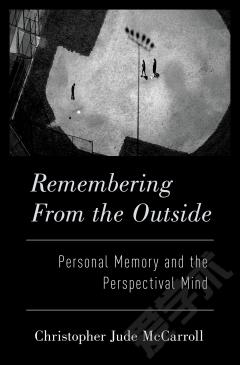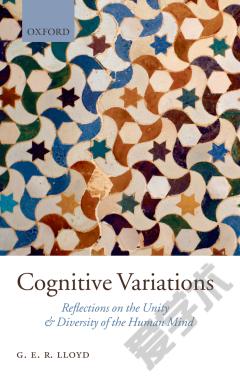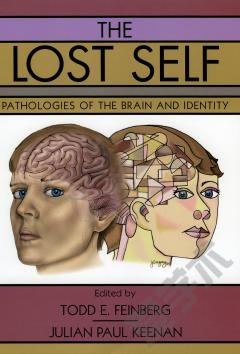Rewriting the Soul —— Multiple Personality and the Sciences of Memory
----- 重写灵魂:多重人格与记忆科学
Some years ago, one could list by name the tiny number of multiple personalities recorded in the history of Western medicine, but today hundreds of people receive treatment for dissociative disorders in every sizeable town in North America. Clinicians, backed by a grassroots movement of patients and therapists, find child sexual abuse to be the primary cause of the illness, while critics accuse the "MPD" community of fostering false memories of childhood trauma. Here, the distinguished philosopher Ian Hacking uses the MPD epidemic and its links with the contemporary concept of child abuse to scrutinize today's moral and political climate, especially our power struggles about memory and our efforts to cope with psychological injury. What is it like to suffer from multiple personality? Most diagnosed patients are women: why should gender matter? How does defining an illness affect the behaviour of those who suffer from it, And, more generally, how do systems of knowledge about kinds of people interact with the people who are known about? Answering these and similar questions, Hacking explores the development of the modern multiple personality movement. He then turns to a fascinating series of historical vignettes about an earlier wave of multiples, people who were diagnosed when new ways of thinking about memory emerged, particularly in France, toward the end of the nineteenth century. Made possible by these nineteenth-century developments, the current outbreak of dissociative disorders is embedded in new political settings. This study concludes with a powerful analysis linking historical and contemporary material in a fresh contribution to the archaeology of knowledge.
{{comment.content}}








 京公网安备 11010802027623号
京公网安备 11010802027623号